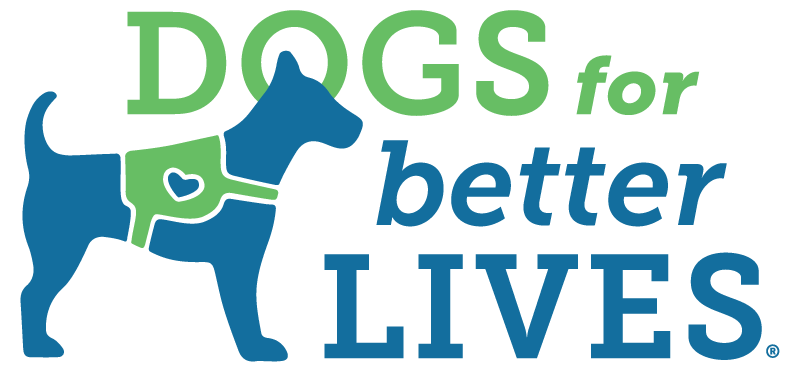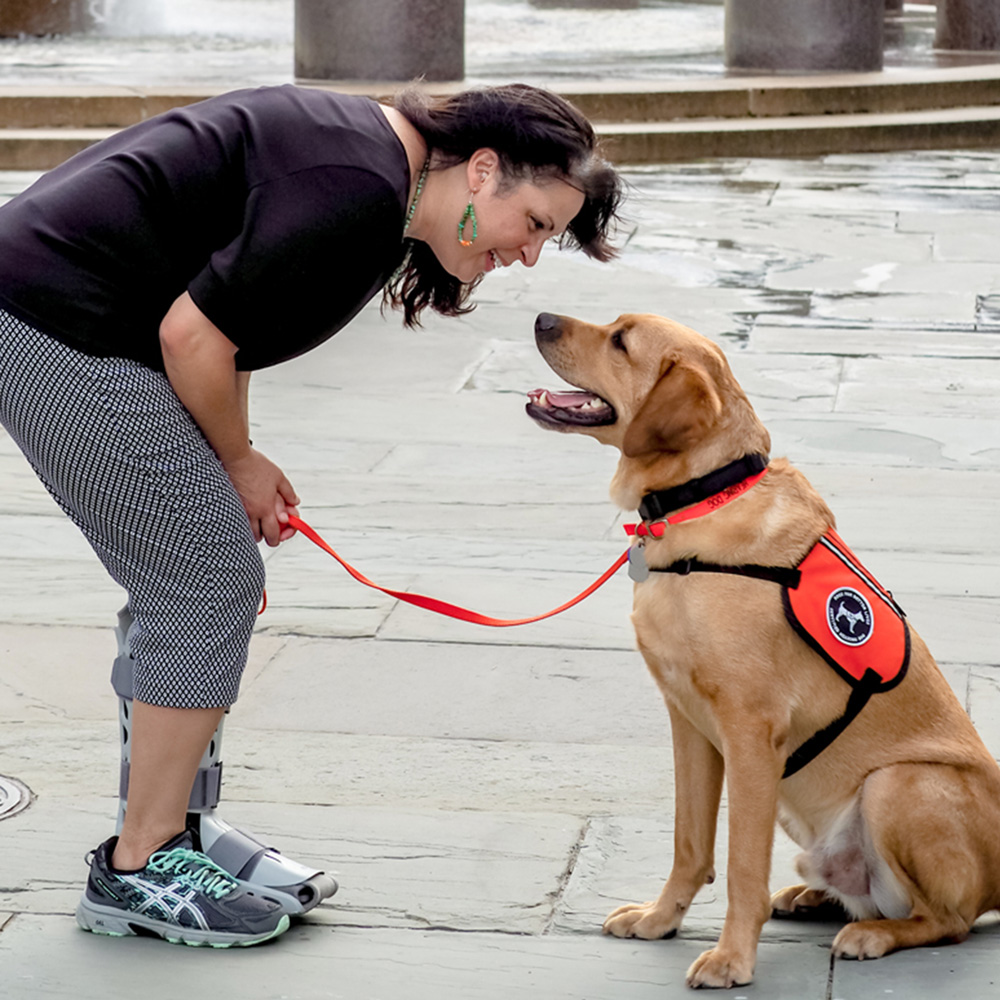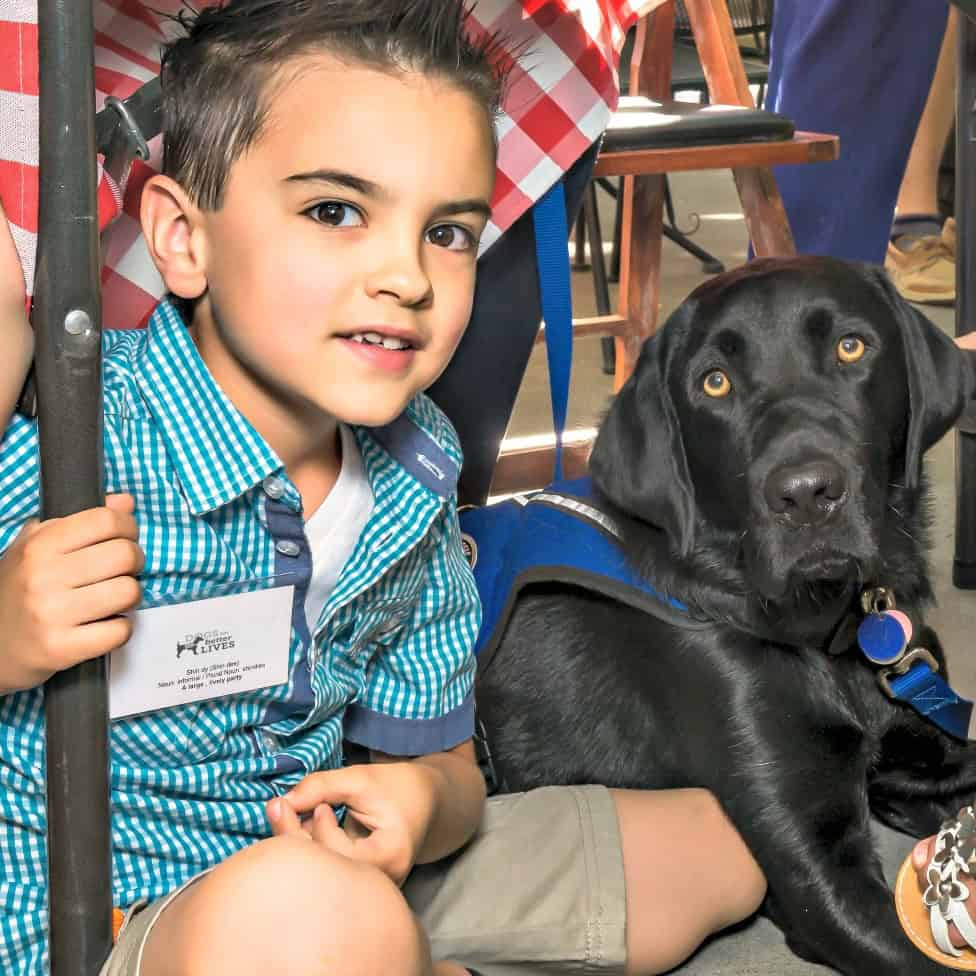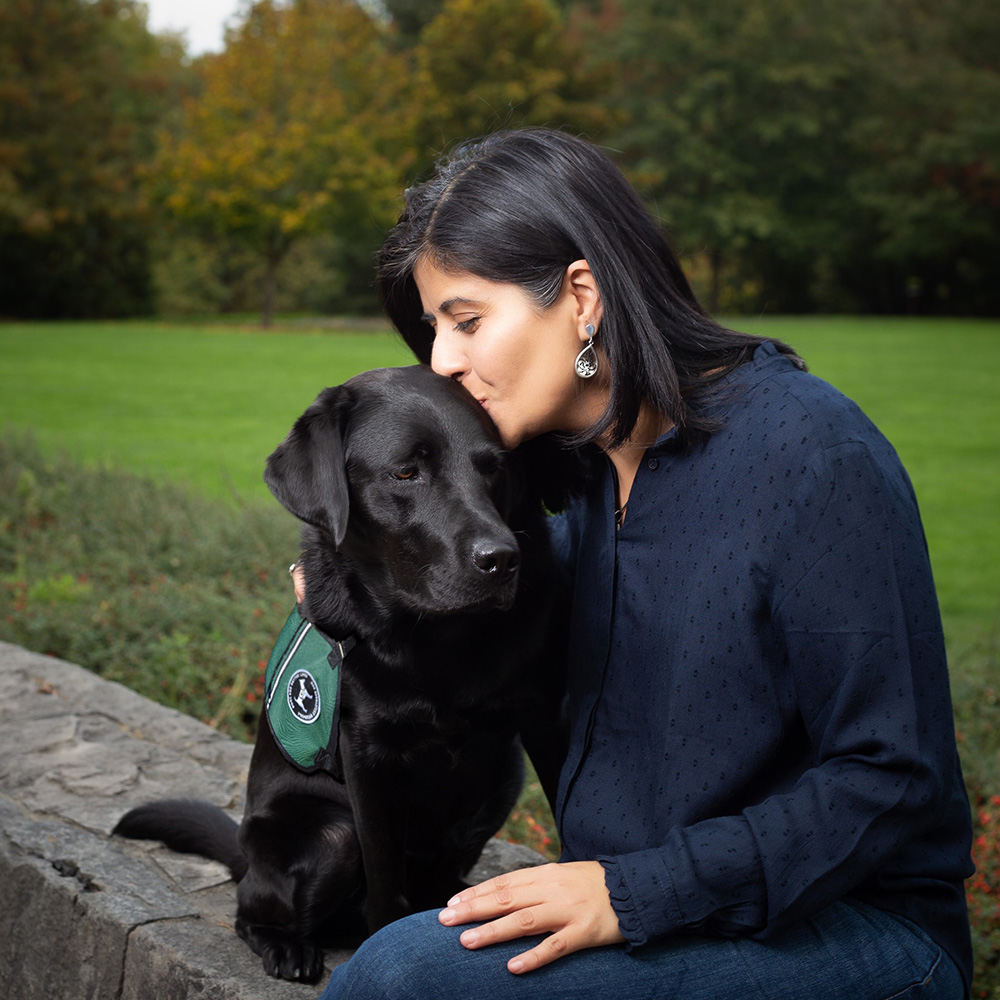Puppy Raiser FAQ's
What is the application process like?
We accept applications for volunteer Puppy Raisers from all states except for Hawaii and Alaska.
Our process consists of filling out an application, a phone interview and either a virtual home visit or submitting photos of your home and yard.
During the phone interview, we will share specifics about puppy raising, expectations for the puppy and talk about any other pets in your home. The interview is also a great opportunity to ask any questions you may have!
What happens after a Puppy Raiser is approved?
We provide a puppy raising manual and complete an orientation of what to expect and how to prepare for the puppy’s arrival. We will also share a timeline of when you may expect to receive a puppy, although this varies based on availability.
How do I get the puppy?
Our breeder caretakers live throughout the county. Whenever possible, we request the assistance of our Puppy Raisers to get the puppies to their home. We have a small group of transport volunteers who also assist in getting puppies to their volunteer raisers. In some cases, puppies are flown to an airport near the volunteer Puppy Raisers home. In other cases, puppies are picked up directly from our campuses in Medford, OR and Falmouth, MA.
When it is time for a puppy to return for professional training, we ask the assistance of our Puppy Raisers. When a Puppy Raiser is not able to transport the dog they raised to one of our campuses, DBL will assist with the transport.
What expenses should Puppy Raisers plan for?
To help us continue placing life-changing assistance dogs with our clients free of charge, we ask our Puppy Raisers to cover the basic expenses associated with raising a puppy. These expenses include food, basic obedience classes, routine veterinary care like vaccinations and ancillary items like toys and a crate. If Puppy Raisers are financially able to do so, we also appreciate it when they cover the cost of spay/neuter if needed while the puppy is in their home.
DBL provides a leash, collar, vest and gentle leader for each puppy. In the event of an emergency, an exorbitant or unexpected medical expense, DBL is available to offset or cover those costs.
What food do DBL puppies eat?
Dogs for Better Lives feeds all our dogs Purina Pro Plan. Puppies should be fed Pro Plan for the duration of their time in the Puppy Raiser’s home.
How will I know how the puppy I raised is doing after they return for professional training?
DBL provides monthly updates to the Puppy Raiser so our volunteers can see what the dog is accomplishing while in training. These updates are written by the dog’s trainer and shared via a website portal that only our Puppy Raisers can view. Updates also contain an updated photo of the dog each month.
As each dog approaches the end of its time in professional training, Puppy Raisers are invited to visit the campus before a placement is made. Dogs for Better Lives does in-home placements with our clients. Placements typically occur during a five-day period. Towards the end of a placement, we offer an opportunity for the client to speak with the Puppy Raiser either via phone or virtual Teams meeting. The client may also choose to share their contact information to stay in touch with the Puppy Raiser after placement.
What happens if the puppy I raised is Career Changed?
If health or behavior concerns arise for our dogs in professional training, we first explore if the dog could be a fit for a different working dog organization. If the dog is not a fit for a different working dog organization, the Puppy Raiser is typically offered the option to adopt the dog as their pet.
